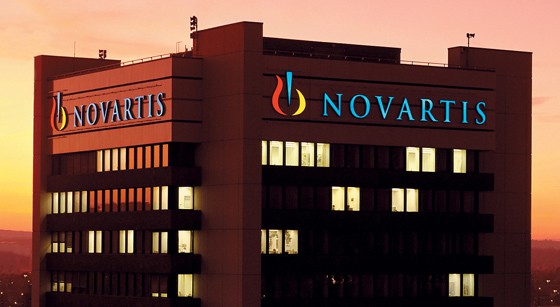
Patients with a specific genetic variant of non-small cell lung cancer now have another treatment option after the FDA approval of Novartis’ Zykadia.
Zykadia (ceritinib; formerly LDK378) has been given the go-ahead to treat patients with ALK-positive, metastatic NSCLC who cannot tolerate or have failed treatment with Pfizer’s Xalkori (crizotinib), the only other ALK inhibitor currently on the market in the US.
The FDA has approved Zykadia in a remarkably quick time, delivering its verdict on the drug four months ahead of the review deadline in a validation of the benefits of a new drug being awarded breakthrough status by the agency.
Approval is based on a clinical trial of 163 participants with metastatic ALK-positive NSCLC – a form of lung cancer that typically affects younger patients and non-smokers. Results showed that 55 per cent of Zykadia-treated participants saw their tumours shrink, and this effect lasted an average of about seven months.
“The approval of Zykadia less than three and a half years after the first patient entered our clinical trial exemplifies what is possible with a highly focused approach to drug development and strong collaboration,” commented Alessandro Riva, president of Novartis Oncology.
Zykadia also acts as an ALK inhibitor – with a slightly different profile to Xalkori – and will launch at a price of $13,500 per month. Analysts have predicted sales of around $330m for Novartis’ entrant by 2018, lagging behind Xalkori, which is predicted to reach more than $800m in the same year. In 2013 Xalkori sales were $282m.
Meanwhile, other companies with ALK inhibitors in late-stage development include Roche/Chugai (alectinib; RG7853) and Ariad (AP26113).
The Zykadia approval “illustrates how a greater understanding of the underlying molecular pathways of a disease can lead to the development of specific therapies aimed at these pathways,” said Richard Pazdur, director of the FDA’s Office of Hematology and Oncology Products.
“It also demonstrates the FDA’s commitment to working cooperatively with companies to expedite a drug’s development, review and approval, reflecting the promise of the breakthrough therapy designation programme,” he added.




